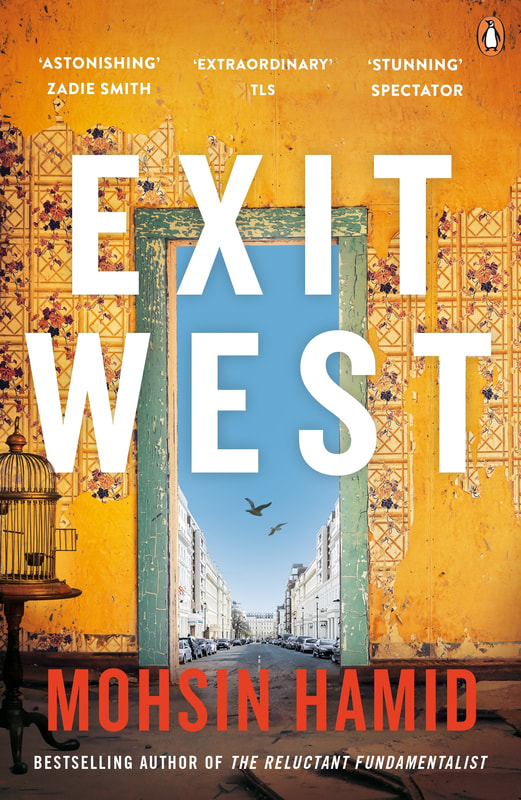With tangential references to geographies, this small book captures a wide ranging imagination. This can read as somewhat erratic at times, but the anchor of returning to Nadia and Saeed’s relationship makes up for this. Its liberal-humanitarian political motives are clear, highlighting the increasing inter-connectedness of the world, and yet an increased depravity and carelessness for its human realities. The story is highly engaging, and whist very short, leaves a vivid impact. Using a narrative arc of a romance and linking this to a physical journey is a clever way of empathising with the characters. At the time of writing (2017), The Syrian refugee crisis was at a critical level, with millions of people fleeing across Europe through the Mediterranean and horrific scenes of boats capsizing. In many ways, this ushered in new levels of right wing authoritarian populism across the West. It is worth reflecting and reading back over this novel as a signpost for its time of writing. Brexit, Nationalism, and increased authoritarianism has led to a deepening of a crisis and backlash against displaced people. Unfortunately, the book falls victim to the exact same problems it aims to dispel, as Saed describes the most troublesome “Natives” of America as akin to those with white skin in Britain. Whilst this may be an ironic depiction it nonetheless denies the protagonist agency or perceptiveness. Consequently, the story is somewhat wrapped too tightly in Nadia and Saeed’s intimacy.
Overall, this short but impactful novel is a steely reminder of a crisis which has received neglected attention. As with The Reluctant Fundamentalist, Hamid tackles some of the most pressing political issues of the age with tact. The magical realism genre allows a captivating view of a world that has a broad imagery but is still familiar. However, its best qualities are not the explicit political messages, but the imaginative pairing of a physical journey with the emotional journey of a relationship.

 RSS Feed
RSS Feed
